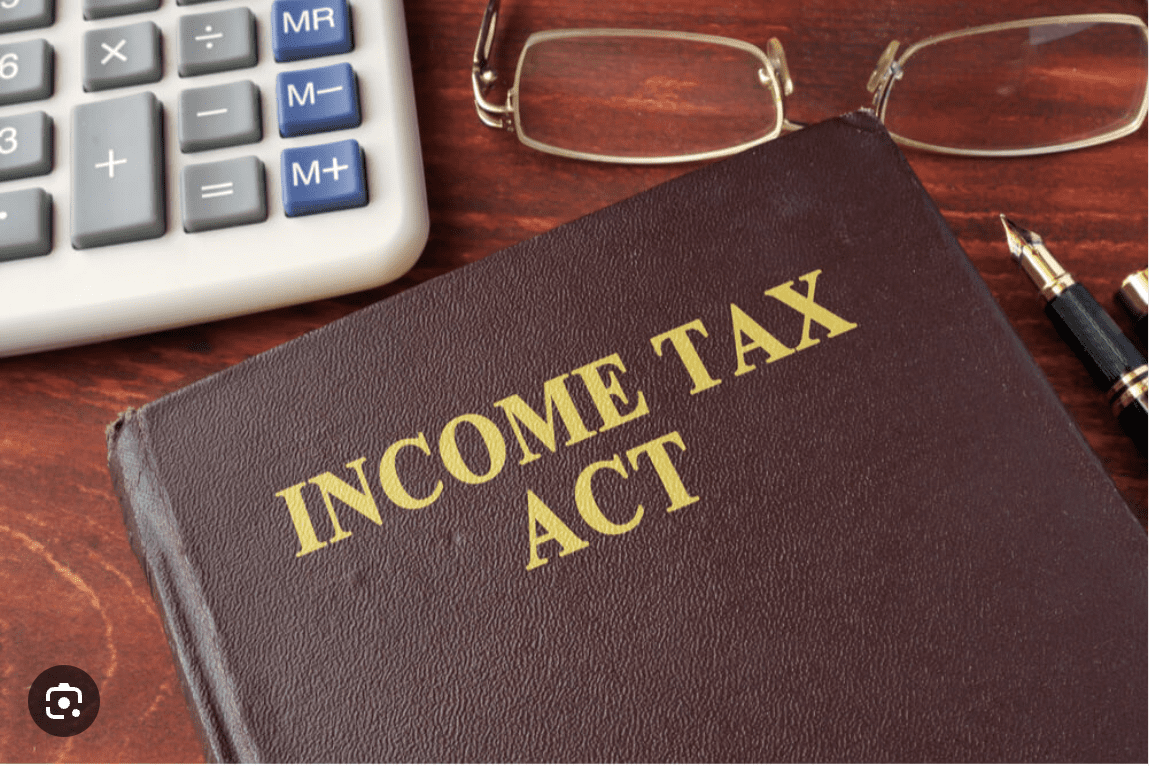Case Title: M/s.Cognizant Technology Versus Assistant Commissioner of Income Tax
Case No.: CMP.21633/2023
CORAM: THE HON’BLE R. MAHADEVAN, J And THE HON’BLE MOHAMMED SHAFFIQ, J
Facts of the Case
The Income Tax Appellate Tribunal (ITAT) in Chennai issued a ruling for the assessment year 2017–18, which Cognizant Technology, the appellant, opposed. According to the ITAT, Cognizant had to pay dividend distribution tax on the significant share buyback that cost Rs. 19,000 crore. According to Sections 391-393 of the Companies Act, 1956, the ITAT considered the acquisition of its own shares, which was carried out through a court-approved plan, to be a distribution of accumulated profits. The tribunal claimed that this activated the Income Tax Act of 1961’s Section 2(22) provisions. The appellant contended that the court-approved consideration for the share acquisition ought to be subject to capital gains taxation under Section 46A. They drew attention to a later change made to Section 115QA that went into effect on June 1, 2016, which expressed the legislative purpose for the repurchase to come under Section 46A. The Commissioner of Income Tax (Appeals) and the Assessing Officer’s orders were confirmed by the court, which dismissed the appeal and upheld the ITAT’s determination that Cognizant was required to pay under Section 115-O.
In response to the appellant’s position, the department claimed that just before Section 115QA was introduced, Cognizant had participated in a share buyback to distribute accrued profits and avoid tax obligations for the assessment year 2013–14. The agency contended that because Section 46A did not apply to all buybacks, shareholders would have to pay capital gains tax on the purchasing of shares. The authorities justified the levy of tax on Cognizant by deeming the provisions of Section 115-O in conjunction with Section 2(22) satisfied. Citing large current assets as of March 31, 2022, which amount to nearly Rs. 21,644 crore, the department emphasized that the appellant’s financial concerns were unjustified. The department said that, in view of the order from the appellate authorities, the appellant ought to comply with the tax demands made by the Assessing Officer. It claimed that obtaining the outstanding demand was essential to protecting the interests of the revenue.
Legal Provisions
In this case, the petitioner’s actions are bound by the legal provisions set forth in Income Tax Act. The Income Tax Act’s Section 2(22) defines a dividend, and ITAT views Cognizant’s share repurchase, which was approved by a court under Companies Act sections 391-393, as a distribution of accumulated profits. On the basis of a later amendment to Section 115QA that became effective on June 1, 2016, which demonstrated legislative intent for coverage under Section 46A, Cognizant argues that the court-approved share transaction should be taxed as capital gains under Section 46A.
Issues
Did the subsequent amendment in Section 115QA, effective from June 1, 2016, alter the taxation framework in a way that supports the appellant’s claim that the buyback of shares falls under Section 46A rather than being subject to dividend distribution tax?
Courts analysis and decision
The controversial case concerning Cognizant Technology’s Rs. 19,000 crore buyback and the related dividend distribution tax has resulted in a stay on the tax demand totalling Rs. 9,403.09 crore by the High Court. According to the court’s order, Cognizant Technology must either pay Rs. 1,500 crores in cash right now or send a letter to the bank requesting that the same amount be remitted to the respondent’s or the tax department’s account. In addition, the appellant is required to provide property security within the allotted four weeks for the balance of the tax amount, including interest and penalties. The tax department has been ordered by the court to discharge the lien on the appellant’s remaining fixed deposits in several banks, subject to payment and the deposit of title deeds pertaining to the property. The completion of these requirements is a requirement for the temporary stay on the tax demand, and failure to comply will result in the order being automatically revoked without further action from the court.
“PRIME LEGAL is a full-service law firm that has won a National Award and has more than 20 years of experience in an array of sectors and practice areas. Prime legal fall into a category of best law firm, best lawyer, best family lawyer, best divorce lawyer, best divorce law firm, best criminal lawyer, best criminal law firm, best consumer lawyer, best civil lawyer.”
Written by- Rupika Goundla


